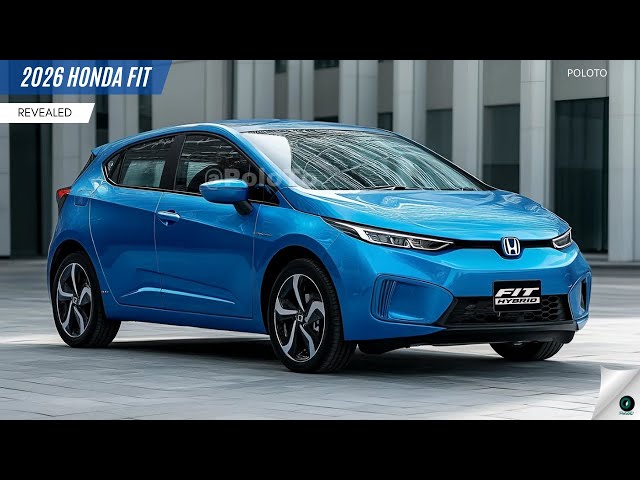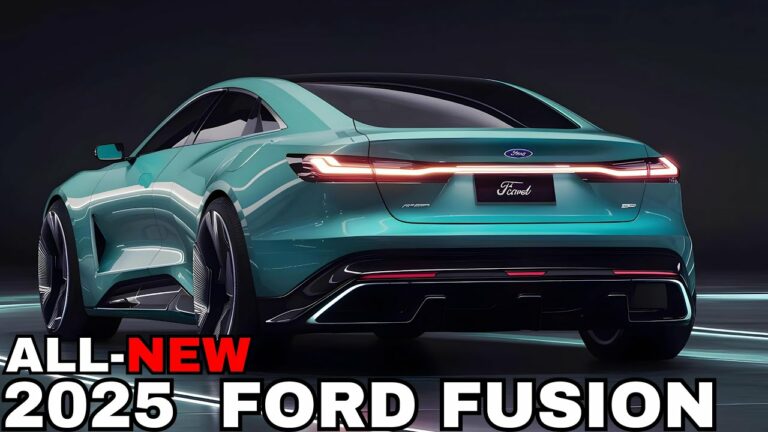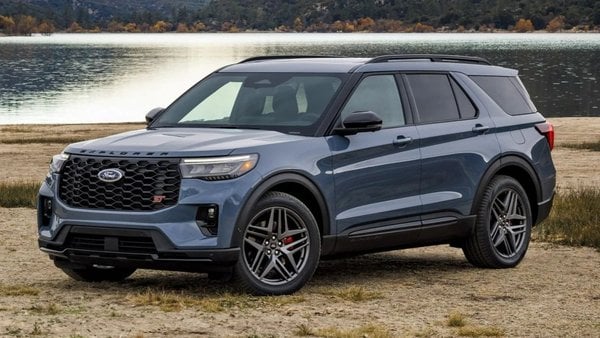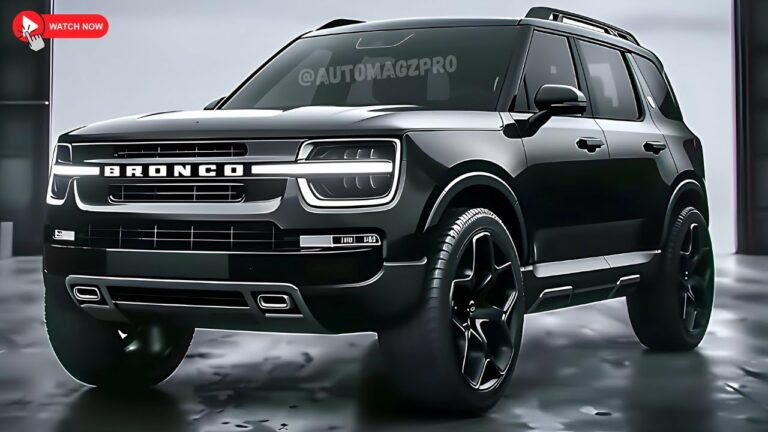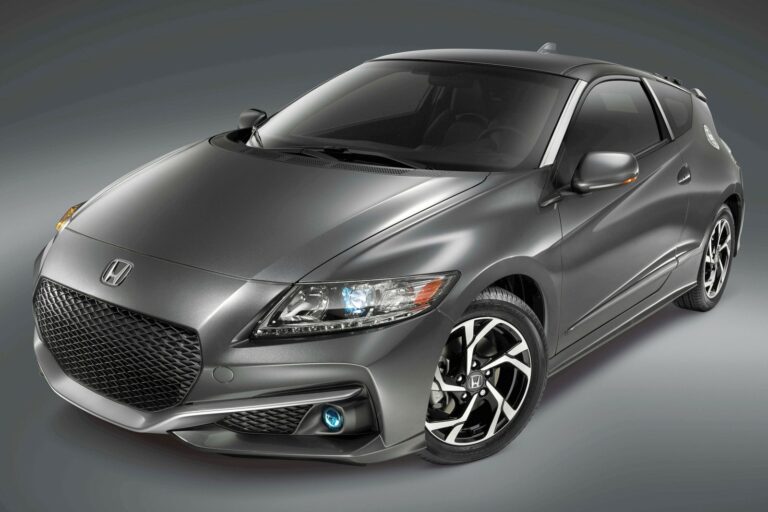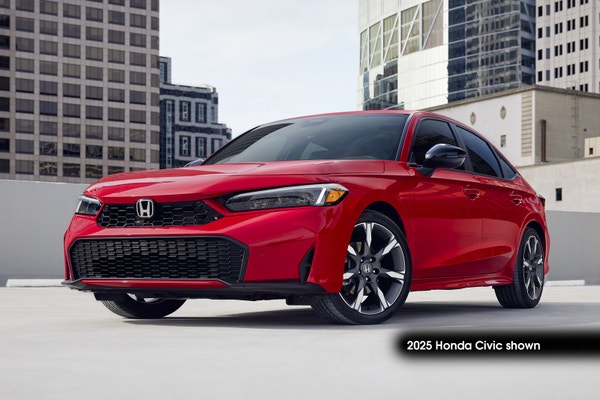New 2026 Honda Fit Ev Release Date
Environmental Impact and Sustainability

The 2026 Honda Fit EV is a significant step towards reducing our carbon footprint and promoting environmental sustainability.
Electric vehicles like the Fit EV produce zero tailpipe emissions, significantly reducing air pollution and greenhouse gas emissions. Its energy efficiency is far superior to gasoline-powered vehicles, consuming less energy to operate and reducing our reliance on fossil fuels.
Carbon Footprint and Emissions Reduction
The Honda Fit EV has a carbon footprint that is significantly lower than its gasoline-powered counterparts. By eliminating tailpipe emissions, it reduces greenhouse gases that contribute to climate change.
Energy Efficiency
The Fit EV’s electric powertrain is highly efficient, converting more of its energy into motion than gasoline engines. This results in lower energy consumption, reduced operating costs, and less strain on the electrical grid.
Sustainability Initiatives
Honda is committed to sustainability throughout its operations. The Fit EV is part of the company’s broader initiative to reduce its environmental impact. Honda has also received numerous sustainability certifications and awards for its efforts in promoting environmental stewardship.
Common Queries
What is the official release date of the 2026 Honda Fit EV?
Deliveries are expected to commence in early 2026.
What is the powertrain of the 2026 Honda Fit EV?
The 2026 Honda Fit EV will be powered by an electric motor, with power and torque figures yet to be released.
What is the battery capacity of the 2026 Honda Fit EV?
Honda has not yet disclosed the battery capacity of the 2026 Fit EV.
What is the expected range of the 2026 Honda Fit EV?
The expected range of the 2026 Honda Fit EV is yet to be announced.
